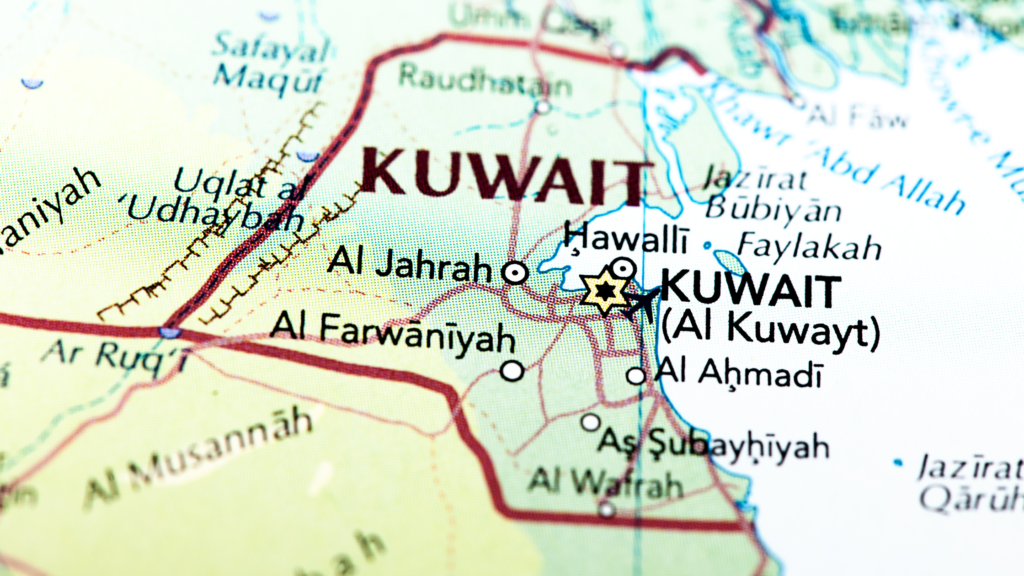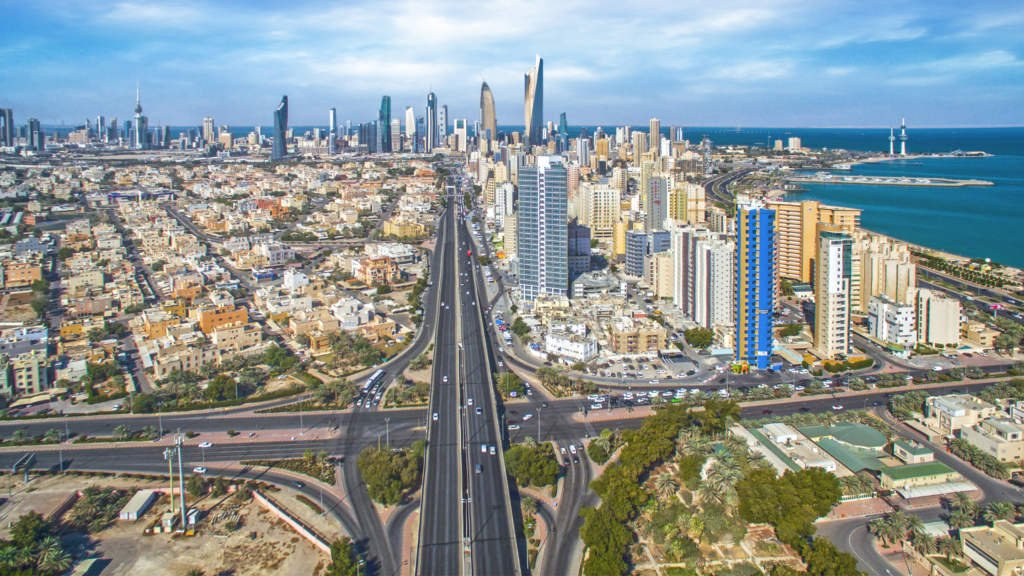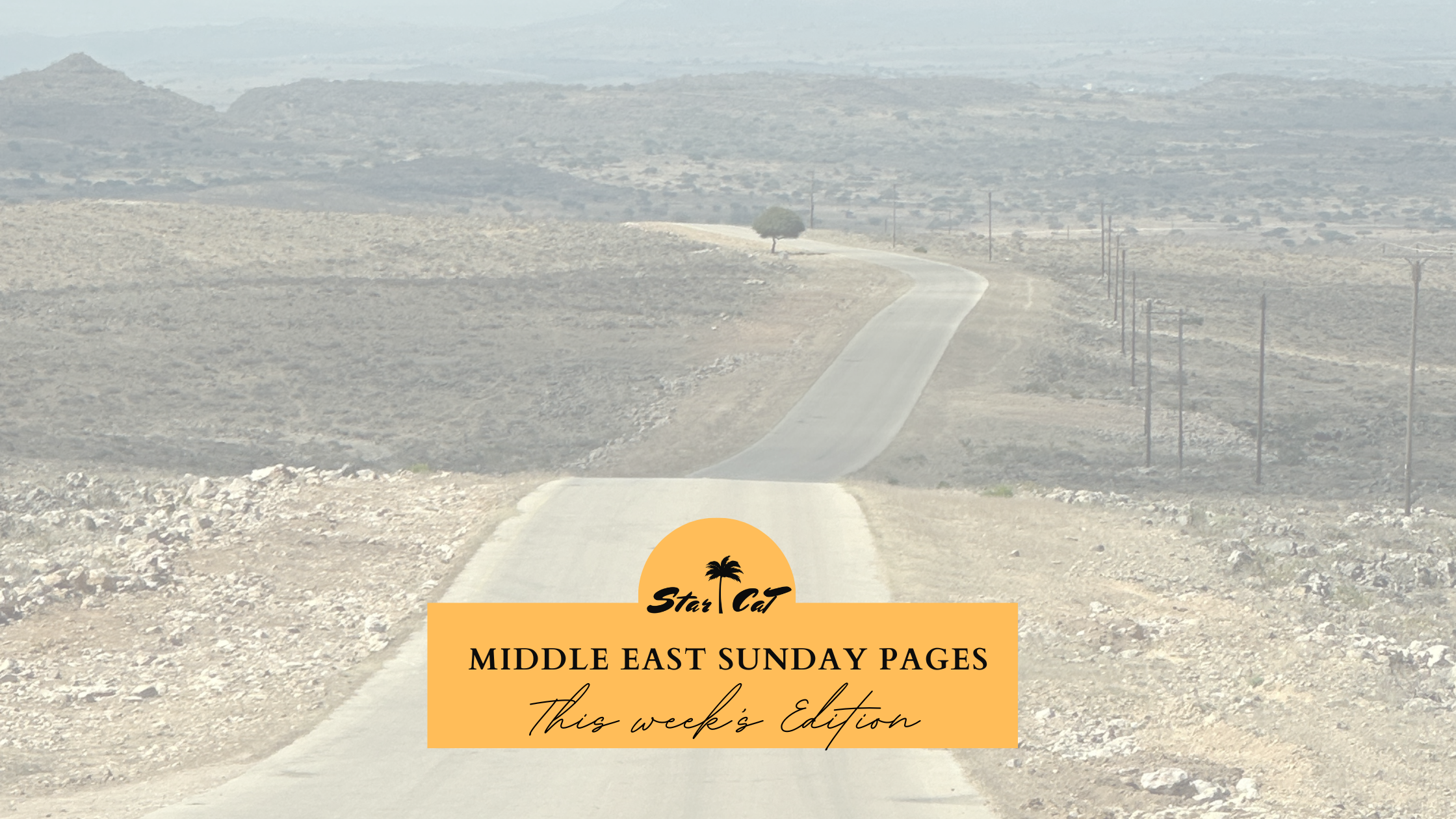
Kuwait National Day
Celebrating Kuwait’s Heritage: National Day and Liberation Day
With spectacular fireworks displays, parades showcasing culture and heritage, and joyous festivities bringing together its people, Kuwait commemorates two important national holidays—National Day on February 25 and Liberation Day on February 26. These holidays celebrate Kuwait’s national identity, sovereignty, and cherished traditions, as well as honour the country’s liberation.
It is also important to note that if planning a business trip, these holidays are best avoided because celebrating National and Liberation takes precedence. This can sometimes lead to frustration as holidays are added at short notice and Westerners are unaware.
By using our Middle East Planner you will know: any holidays in advance and never miss any occasion to connect with your clients as we stay on top of any regional news and developments for you. Aside from this we also provide MasterClasses and Guides. You can find all our Middle East Resources here.
National Day
On February 25th, Kuwaitis come together to celebrate their national day, commemorating the establishment of the modern State of Kuwait in 1961. This holiday marks Kuwait’s full independence after the expiry of the 1899 treaty with Britain that had made Kuwait a British protectorate.
The day begins with a flag-raising ceremony attended by the Amir, or ruler, and government officials. Important political figures including the Amir give speeches addressing the nation that touch on themes of patriotism, national development and safeguarding sovereignty. Families across Kuwait fly the flag and decorate their homes in national colours.
Cultural shows, art displays, traditional dances and musical performances showcase Kuwait’s rich heritage and diversity on this day. For instance, attendees can view cultural exhibits displaying traditional handicrafts, costumes, poems and historical artefacts that depict Kuwait’s Bedouin past as well as its seafaring origins. Folk music and dance forms with African and Indian influences also point to the cultural melting pot Kuwait represents.
Major venues like the Kuwait Towers and the Grand Mosque are illuminated spectacularly in the evening. As National Day coincides with the pleasant winter months, many public parks and beaches host concerts, entertainment shows and fireworks displays open to all Kuwaitis and residents to enjoy.
The holiday is a time for Kuwaitis to contemplate national issues and challenges. It spurs reflection on safeguarding democracy and freedom while developing the nation. Above all, National Day strengthens feelings of belonging, identity and patriotism among the diverse mix of Kuwaitis, bringing people together as one.
If you have any Kuwaiti clients we advise sending Greetings for the National Day as this will be well received. You can find Greeting Cards as part of our Middle East Planner here.

Liberation Day
February 26 marks Kuwait’s Liberation Day, commemorating the country’s freedom from Iraqi occupation in the Gulf War. When Iraqi forces invaded Kuwait in 1990, citizens were subject to great devastation and human rights violations. The occupation lasted seven months before a US-led international military coalition liberated Kuwait in early 1991.
Liberation Day honours those who endured grave hardships during Iraq’s brutal occupation as well as the sacrifices of Kuwaiti resistance fighters, coalition forces and others who made Kuwait’s liberation possible. Remembrance events are held to recognise their valiant efforts and memorialise lives lost.
The holiday opens with a Liberation Tower ceremony where the Amir raises the Kuwaiti flag while the national anthem plays. This iconic tower monument served as a post office and 911 emergency centre where resistance members coordinated efforts against the Iraqi occupation. Wreath-laying ceremonies also take place at sites like the Cemetery of Martyrs which is dedicated to those who died defending Kuwait.
In patriotic parades, members of the Kuwaiti military march proudly displaying their roles in the nation’s defence. Air shows with military jets flying Kuwait’s colours fill the sky as a symbol of strength and sovereignty. However, Liberation Day also stresses themes of diplomacy and global cooperation. International leaders and diplomats are invited to partake in commemorations, highlighting joint efforts to uphold liberty.
For Kuwaitis, the holiday is a reminder to never take freedom, democracy or national sovereignty for granted. It honours the enduring Kuwaiti spirit that resisted oppression and marks the country’s rebirth as a free nation. Though a sombre occasion, Liberation Day represents the courage to rebuild and look to the future.
You can send Greetings for National Day and Liberation together, if you have any Kuwaiti clients as this will be well received. You can find Greeting Cards as part of our Middle East Planner here.

National and Liberation Holidays of Pride
Kuwait’s National Day and Liberation Day instil great patriotic fervour and national pride within every Kuwaiti. Though celebrating different milestones, both commemorations focus on safeguarding sovereignty and upholding the democratic values at the heart of Kuwaiti identity.
The holidays provide opportunities to recognise progress made while motivating Kuwaitis to work together towards a prosperous future true to their shared heritage. For Kuwait, its citizens, and all who call it home, these important days in February highlight the pinnacle of what it means to be Kuwaiti.
If you enjoyed this post, we have covered a variety of topics about about the Gulf, what life is like now and so much more in our blog, Middle East Sunday Pages, so have a look and make sure you don’t miss any future editions by joining our Mailing list. It is totally free!



